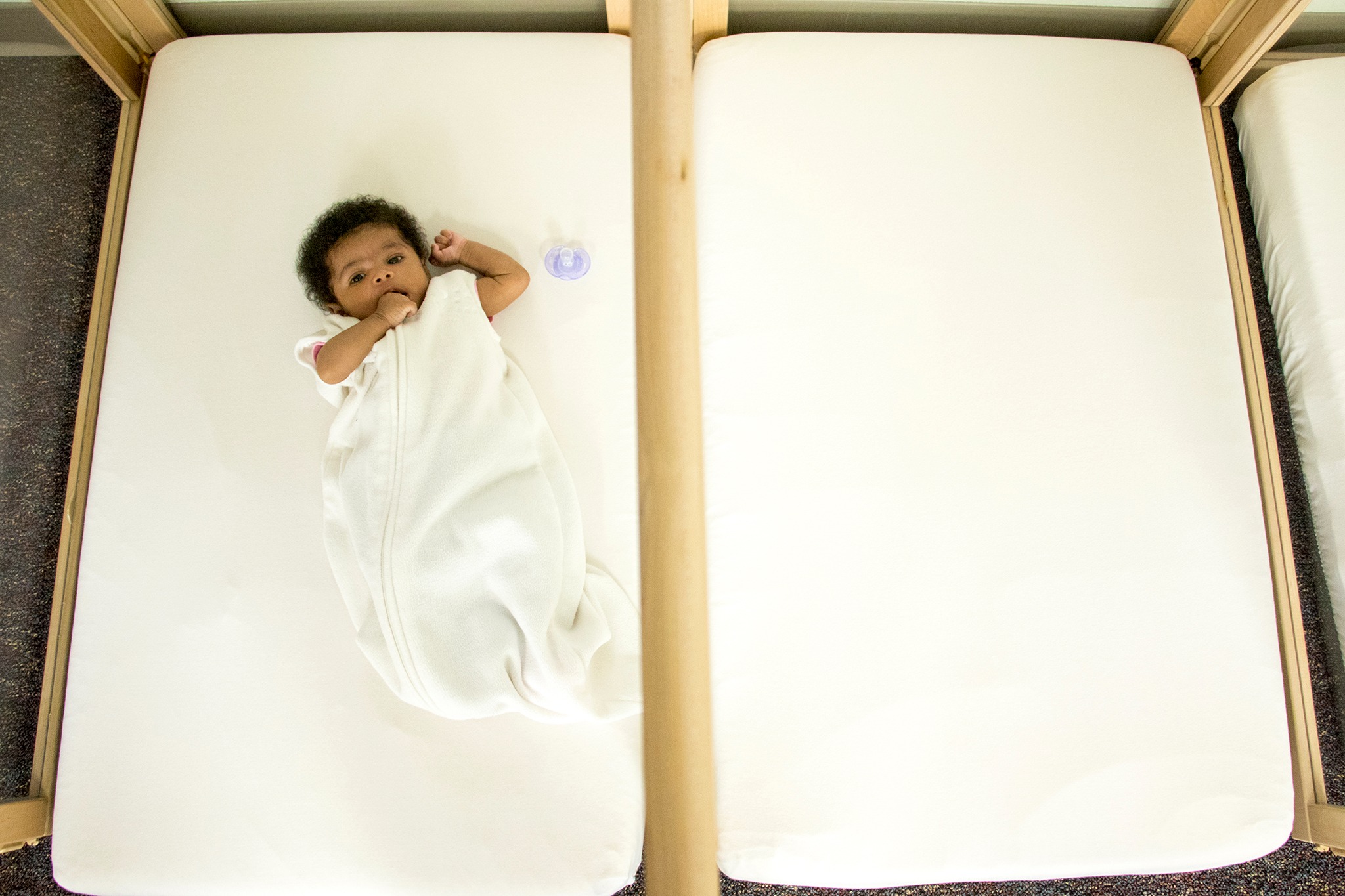
A new study of how a baby babbles, plays and interacts can help predict their cognitive abilities decades later, according to a new University of Colorado Boulder study, published in the journal PNAS.
Researchers observed more than 1,000 Colorado twins babbling and playing and choosing toys. Their analysis showed that cognitive tests given to babies as young as 7 months can help predict a person’s capacity to learn, reason, understand and problem-solve at age 30 and beyond.
“Our findings highlight the enduring consequences of the very early childhood environment on cognitive ability and suggest that early life is a critical developmental period that we should be paying attention to,” said lead author Daniel Gustavson, assistant research professor at the Institute for Behavioral Genetics.
The study also found that early childhood experiences play a bigger role in shaping lifelong cognition than previously thought and could even influence the risk of dementia later in life.
Learning from twins
Cognitive ability is similar to IQ. It’s a composite measure of how well a person can learn, reason, understand and solve problems. Scientists have previously shown that a lot of intelligence is set by childhood. For example, an 8-year-old’s cognitive ability test is remarkably similar at age 30. They’ve also shown that IQs at age 20 are highly correlated with those at age 62, and scores don’t change much between 11 and 90. But very few scientists have looked at what infancy can tell researchers.
Gustavson and senior author Chandra Reynolds, a professor of psychology and neuroscience, examined data from 1,098 participants in the Colorado Longitudinal Twin Study. This study, which began in 1985 by CU’s Institute for Behavioral Genetics, enrolled baby twins to understand how genes versus environment influence development.
When the twins were 7 months old, researchers assessed seven measures of their cognition or thinking skills. These included four specific cognitive tests and three ratings from testers. One cognitive test looked at things like the total number of syllables a baby (like "bah," "dah," "la" counting as three, even though they aren't real words).
They looked at whether babies preferred new toys over familiar ones, how they tracked a moving ball on a screen with their eyes, and how much they paid attention to stimulating objects, like a glitter wand. The testers also rated how "active," "friendly/extraverted," or how well the babies focused on the task.
They found the infant cognition tests could help explain about 13 percent of the differences in cognitive scores among the same group of participants who came back 30 years later. The strongest indicators were the babies' preference for new things and how well the testers thought they paid attention to the tasks.
The authors note that this early life “signal” isn’t huge, but the results are still exciting.
“We certainly do not want to imply that cognition is somehow fixed by 7 months old,” Gustavson said. “But the idea that a very simple test in infancy can help predict the results of a very complicated cognitive test taken 30 years later is exciting.”
Nature, nurture or both?
To understand the roles of genes versus environment, the study compared the intelligence scores of identical twins (who share all their genes) with fraternal twins (who share half their genes). In general, if identical twins are more similar in a trait, it usually means genes play a strong role. The researchers also analyzed the twins' DNA.
Genes play a big role in influencing cognitive ability. By the time kids were 7 years old, the way their genes influenced their scores could already explain about half of the differences in how people scored when they were 30 across the group of people studied.
However, the environment also has a big impact.
“One of the most exciting findings was that 10 percent of the variability in adult cognitive ability was explained by environmental influences before year 1 or 2,” said Gustavson.
The older the children got, the more influence genes had and the less the environment had.
“This suggests that even the pre-preschool environment matters,” Gustavson said.
Reynolds, who studies age-related conditions like Alzheimer’s and dementia, said the study could have implications for how likely someone is to have cognitive decline as they get older.
“Cognitive aging is a life-long process, not just something that begins in mid-life,” she said. She suggests that strong early education might help people maximize and maintain cognition across a lifespan.
The researchers also confirmed their results by considering parents' IQ and education, finding these factors didn't significantly change the predictions from infancy to adulthood. While parent-child interactions weren't the main focus, researchers noted they could have influenced tester ratings and are an interesting area for future study.
Genetic clues for intelligence
The study confirmed that "polygenic scores," which combine a person's genetic differences to estimate traits like intelligence, are a useful tool. There is no one intelligence gene, but there are many genes with tiny effects that, when put together, could have a big impact, said Gustavon.
Researchers used genetic data from nearly one million people in large data sets to give a polygenic score for the adult twins based on their own DNA, for cognitive ability. Remarkably, the twins’ scores matched predictions based on the twins' baby tests, according to the findings.
Researchers say this shows that data from families and large genetic datasets are valuable for understanding how genetics and environment shape people throughout life.
The study was limited to the demographic composition of Colorado at the time twins were recruited into the study. Researchers noted that future studies should incorporate more diverse samples of twins.









